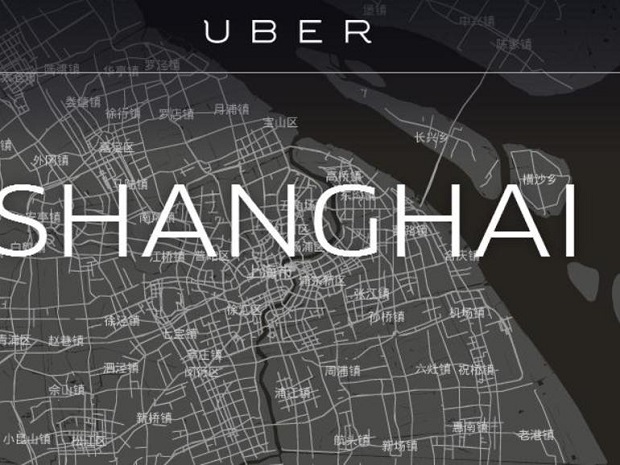Uber’s top ten cities are no longer just in the US, four of the top ten are now in China, and if growth continues at the current rate China will overtake the US as Uber’s largest market. What’s most remarkable about Uber’s growth in China is the fact that it’s a tech company which collects customer data. Few companies of this nature have managed to succeed in China; other companies which collect customer data such as Amazon, Facebook, Google and Twitter have failed or are struggling to remain competitive.

Case study summary
• Uber are one of the few non-Chinese tech data companies who have had success in China
• Uber boasts that 1 million Uber journeys are made in China everyday
• Uber currently operates in 20 cities but this is expected to grow to 100 in the next 12 months
The challenge
As the car service app Uber continues its global dominance, succeeding in China was an essential market to crack. Successes for non-native tech companies which collect customer data in China are rare. Uber needed a strategy to enable them to enter the market, earn trust and grow.
Solution
In February 2014 Uber started its first operations in China, prices were kept low and the main focus was on enabling local entrepreneurs. People were happy, customers received cheaper rides with good service and drivers had an opportunity to work for themselves. Even though local governments were not happy with the company, the fact that so many consumers were and that Uber had grown loyal supporters, it was difficult for authorities to put a stop to the service.
To further its success Uber needed investment and backing from a Chinese company, coincidentally Baidu was looking to invest in a car hailing business after the two other Chinese data giants Alibaba and Tencent had invested in Didi Kuaidi - Ubers biggest rival in China. Affiliation from Baidu also benefited Uber due the company’s political connections.
Even though there were protests from taxi drivers in various cities in China, Uber showed the authorities how they could help to “remain social order” by using their GPS data. Uber used the GPS data to track drivers and if they were near any protests their Uber contracts were cancelled thus showing the government how useful Uber data could be for the state.
Results
Uber’s strategy has shown that it is possible for a foreign tech data company to prosper in the Chinese market if they are willing to comply with Chinese regulation and provide a service customers want. By aligning the incentives of customers, entrepreneurs and authorities Uber have taken a leap forward in one of the biggest markets in the world.